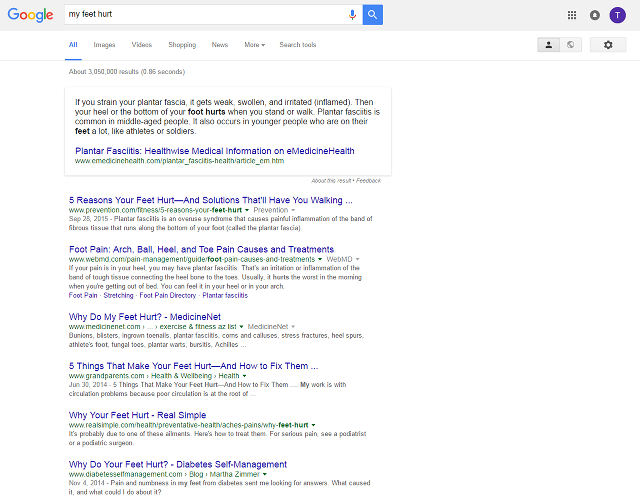Could Google’s symptom search be the right prescription for authoritative medical sources?

The internet, besides being a fine place for buying and selling, dating, travel planning, and cat pictures, is a popular source for looking at medical conditions. Anyone searching for details on a given condition or symptom would find themselves bombarded with several sources. In the UK we have the NHS’ own sources. We also have WebMD, an American site with a British version (promoted by Boots The Chemist). Hypochondriacs needn’t consult the Pears Medical Encyclopaedia, nor go to the reference library.
With the number of sites covering every symptom of ailments from Acne to Yaws, finding an authoritative source can be tricky. The prescription to this may lie in Google’s new feature.
The Google doctor will see you afterwards…
More than anything, it is a handy one-stop reference for any medical condition. Google returns details on each symptom of, say Chickenpox via sources from WebMD and the Mayo Clinic. If you enter a common medical condition, the right-hand side of your screen displays the symptoms in brief, as seen below.
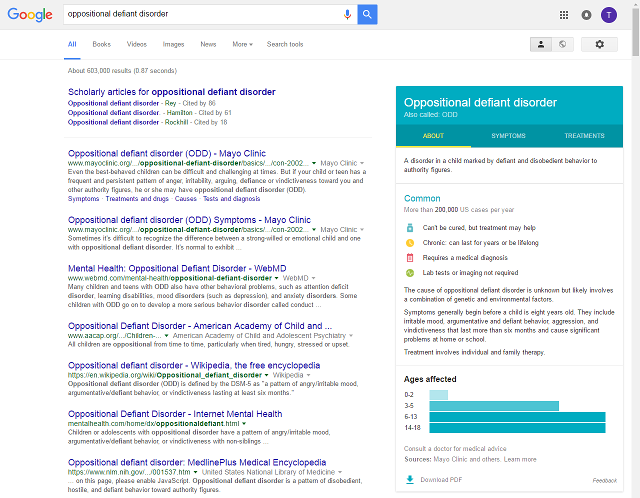
The next screenshot shows you the results you get from entering a typical malady. For our example, here’s what we got for the search string ‘my feet hurt’.
From here, Doctor Google returns a set of results. Nothing quite as helpful, though it is early days yet. At present, Google’s symptom search does not support responsive web design techniques. (Then again, knowing Google, it’ll be rolled out pretty soon).
How each box works
Once again, we return to our own example for Oppositional Defiant Disorder.
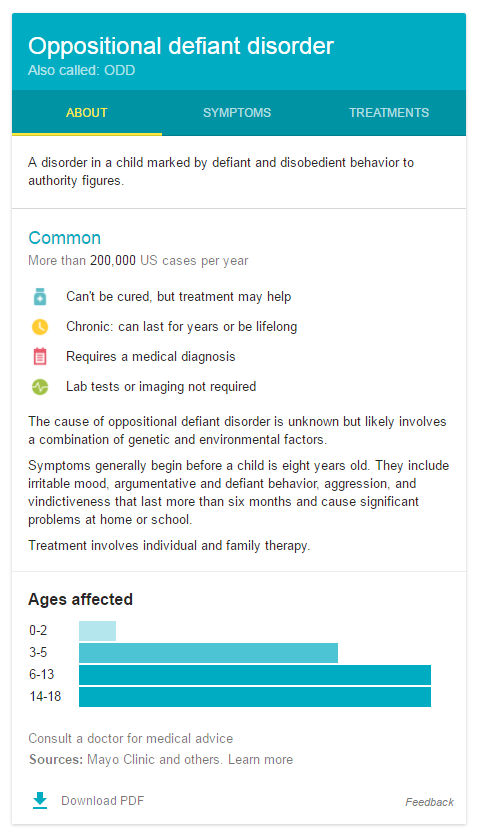
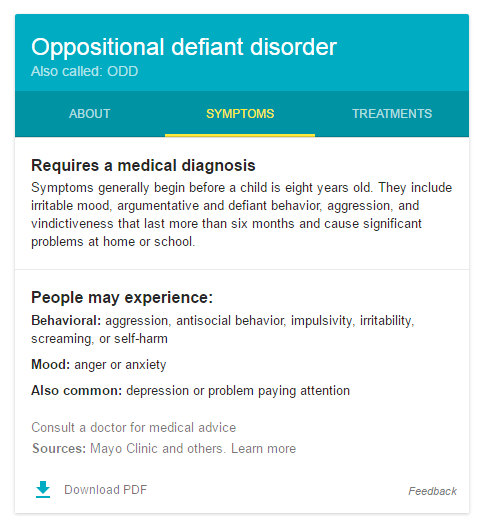
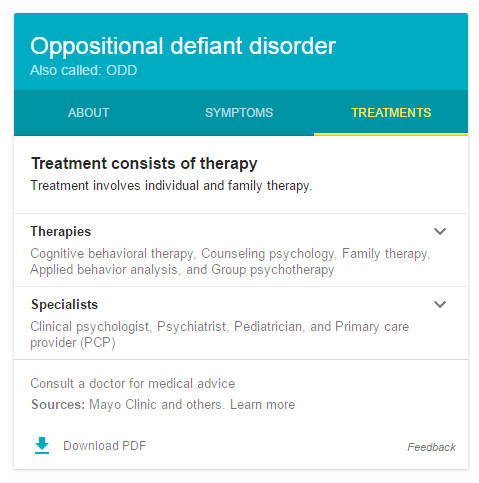
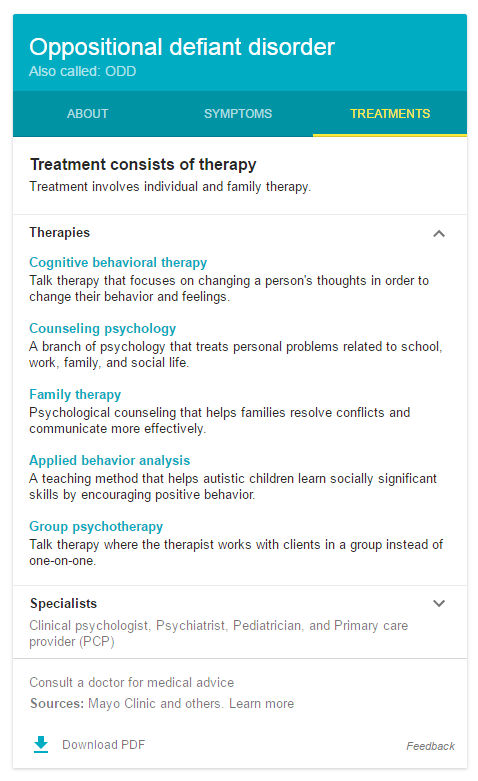
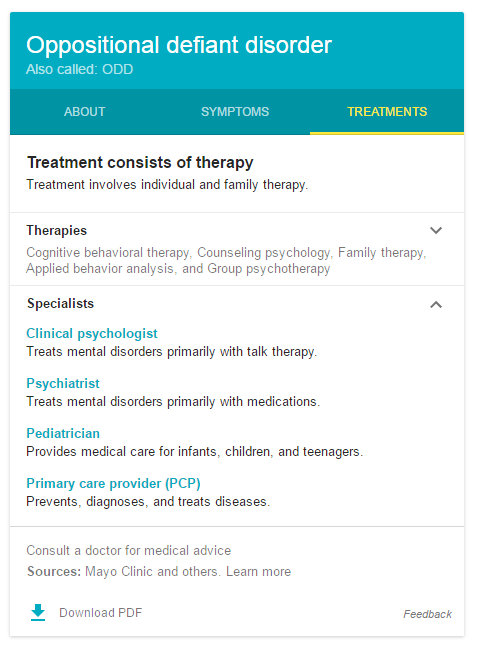
At present, the spelling and references to medical practitioners are American. Again, this is likely to change beforehand, to allow for more localised references (for example, Medicare in the US, our National Health Service, CAMHS [Child and Adolescent Mental Health Service], etc).
We think Google’s symptom search is a useful tool in Google’s searching facilities. It can provide reassurance to some and – hopefully – aims to be an authoritative source.
Most importantly, we at Net66 recommend seeking medical advice from your GP before considering a diagnosis. Please note that medical-based websites, and Google’s new service, are for general reference purposes only. Consult your doctor first, who could refer you to a specialist.
Net66, 22 June 2016.

